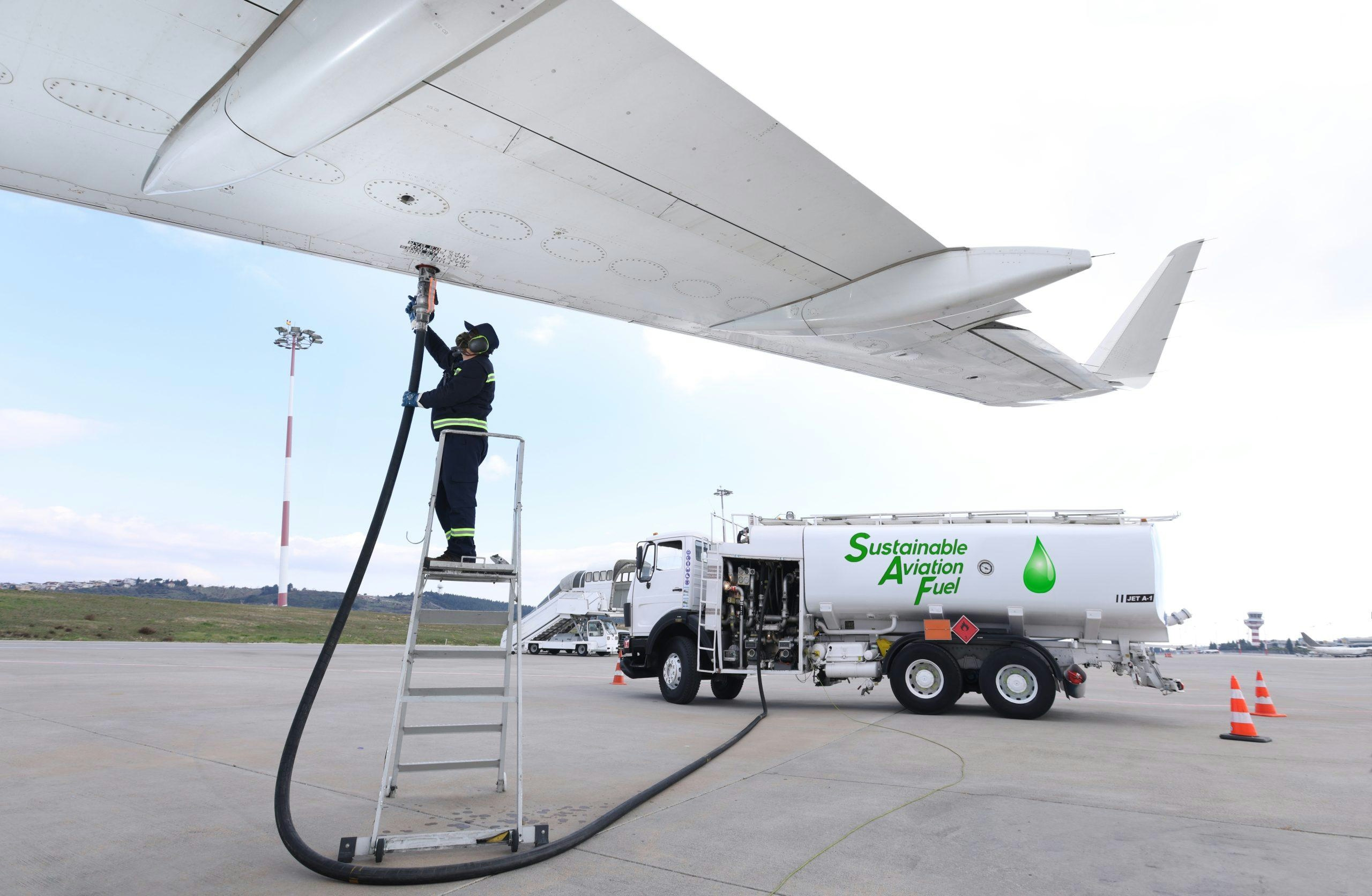
Smarter email, faster business.
Trending
Electric Air Taxi Company Supported by American Airlines Seeks to Transform Travel
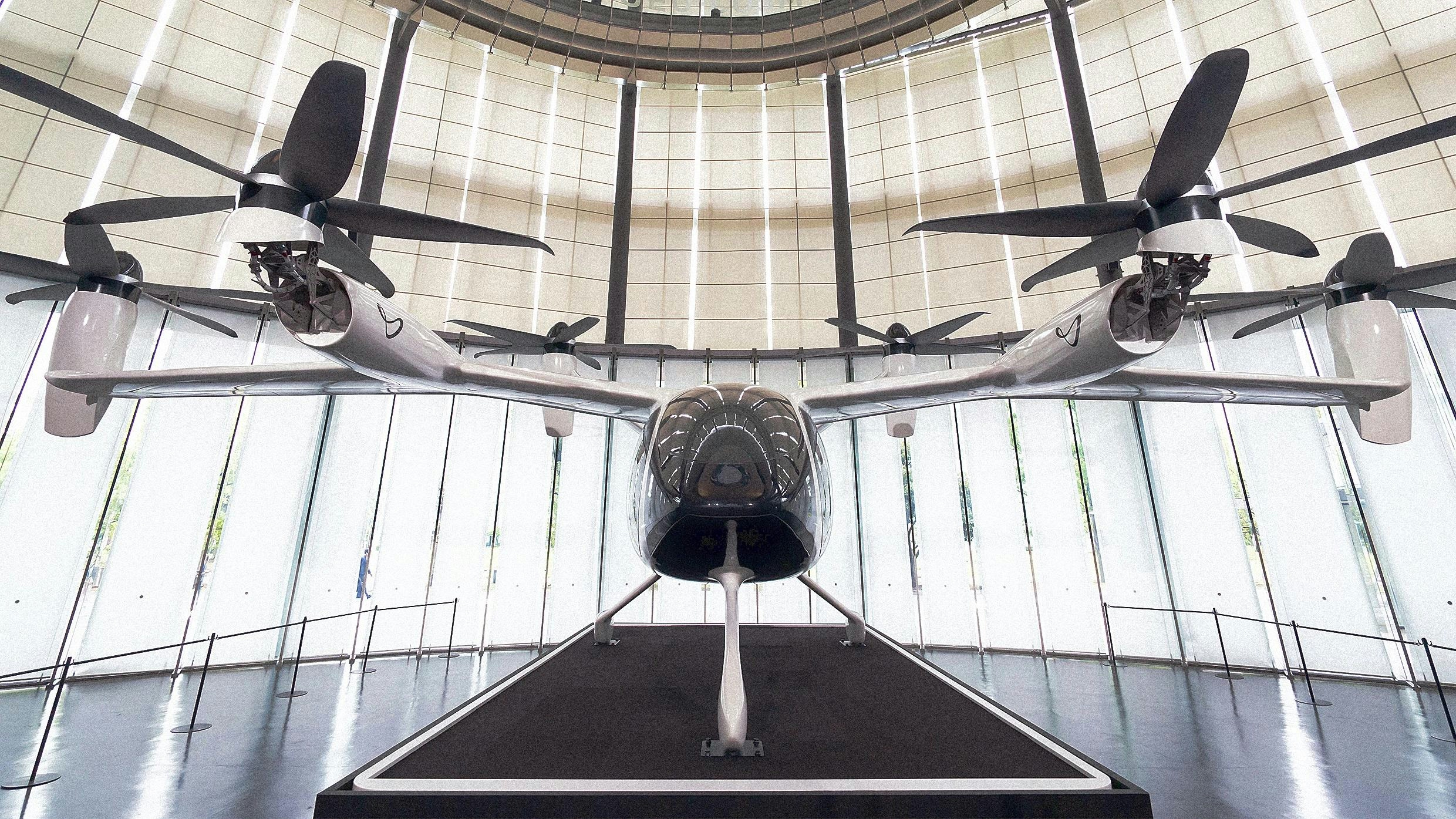
Electric Air Taxi Company Supported by American Airlines Seeks to Transform Travel
Pioneering Zero-Emission Urban Air Mobility
Vertical Aerospace, a British company backed by prominent industry players including Honeywell, Rolls-Royce, and American Airlines, is advancing the development of electric vertical take-off and landing (eVTOL) aircraft with the goal of revolutionizing urban travel. Since its inception in 2016, the firm has positioned itself at the forefront of zero-emissions aviation technology. Under the leadership of Stuart Simpson, who assumed the role of CEO in May 2024, Vertical Aerospace aims to introduce its flagship model, the VX4, to commercial markets within the next three years.
The VX4 is designed to cruise at speeds of approximately 150 miles per hour and cover distances exceeding 100 miles on a single battery charge. Simpson envisions the aircraft as a foundational element in establishing “highways in the sky,” fundamentally transforming short-distance travel by offering a sustainable and efficient alternative to traditional ground transportation.
Investment, Industry Momentum, and Market Integration
The concept of electric air taxis, once regarded as a futuristic novelty, is rapidly gaining credibility and investment. Simpson highlighted that the sector has attracted around $2.5 billion in funding, reflecting growing confidence from investors, regulators, and infrastructure developers alike. This influx of capital is accelerating technological advancements and regulatory progress, fostering an environment conducive to commercial deployment.
Strategic partnerships between eVTOL manufacturers and major airlines are central to integrating electric aircraft into existing passenger transport networks. These collaborations primarily focus on providing premium services that connect passengers to and from international flights. Simpson estimates that initial fares will be approximately $2 per seat per kilometer, a price point comparable to premium ride-hailing services such as Uber Black. However, as Vertical Aerospace functions as an original equipment manufacturer, the ultimate pricing will be determined by the airlines that acquire the aircraft.
Regulatory and Market Challenges
Despite the promising outlook, Vertical Aerospace faces considerable regulatory and market challenges. The VX4 must secure certification under stringent safety standards established by the UK Civil Aviation Authority (CAA) and the European Union Aviation Safety Agency (EASA), specifically within the SC-VTOL enhanced category. The company anticipates launching passenger services in the United Kingdom by 2028, with plans to expand into the United States within three to six months following the European debut.
Navigating the regulatory landscape remains a significant hurdle, as aviation authorities adapt existing frameworks to accommodate emerging eVTOL technologies. In addition to certification, the company must address technological development challenges and overcome skepticism from traditional aviation stakeholders regarding the safety and viability of electric air taxis. The competitive environment is intensifying, with rival firms forging strategic alliances and investing heavily in innovation to capture market share.
Competitive Landscape and Strategic Positioning
Vertical Aerospace faces competition from several well-funded companies advancing their own eVTOL projects. Archer Aviation, in partnership with United Airlines, plans to introduce its “Midnight” aircraft in Abu Dhabi this year, with ambitions to launch services in New York City by 2026, pending regulatory approval. Joby Aviation, collaborating with Delta Air Lines and Uber, is preparing to commence operations in Dubai within the year, with U.S. service expected to follow after Federal Aviation Administration (FAA) certification.
While some European competitors have encountered setbacks, the United States remains a critical market for growth and innovation in electric urban air mobility. Simpson expressed confidence in Vertical’s strategy, emphasizing the company’s collaboration with leading aerospace partners to ensure the VX4’s successful market entry. “We’re not building a supply chain of things we don’t understand,” he stated. “We’re working with the world’s leading aerospace companies to bring this aircraft to market.”
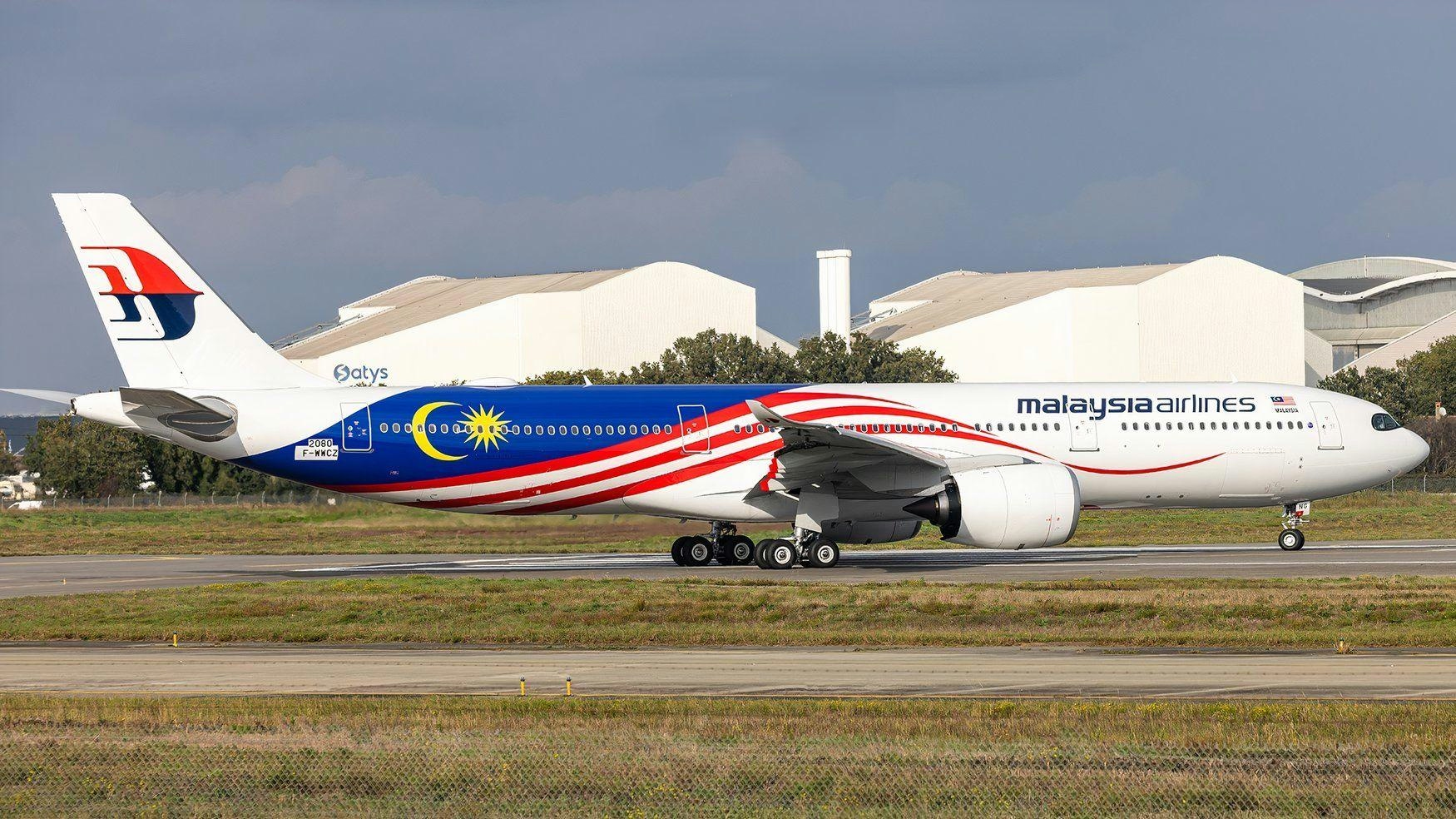
Malaysia Aviation Group Expected to Confirm Airbus A330neo Order During Anwar’s Paris Visit
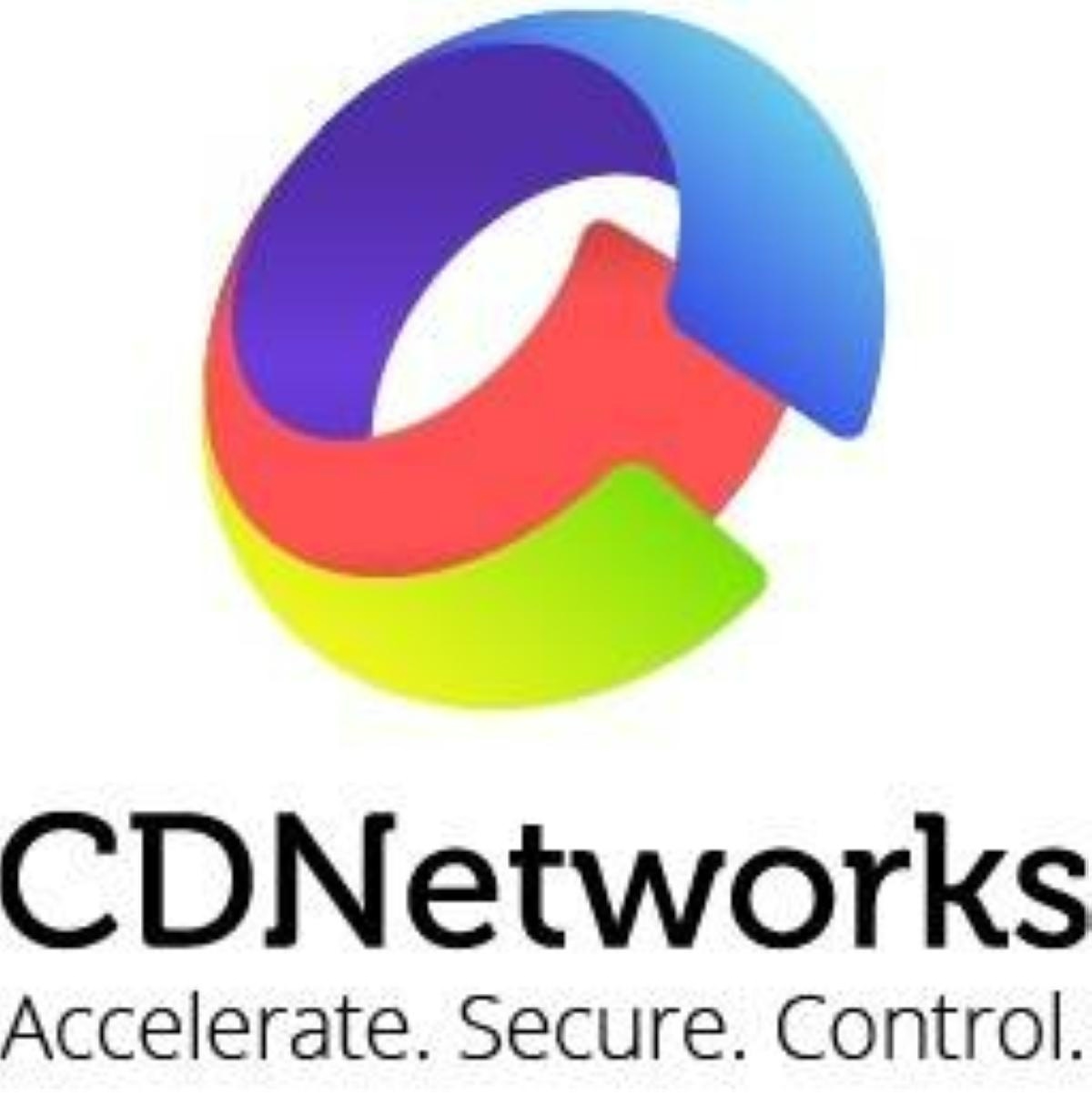
Petrolimex Aviation Partners with CDNetworks to Enhance Cybersecurity Using AI Cloud Platform
CDNetworks and Petrolimex Aviation: How AI-Driven Cybersecurity Fuels APAC Cloud Infrastructure Growth
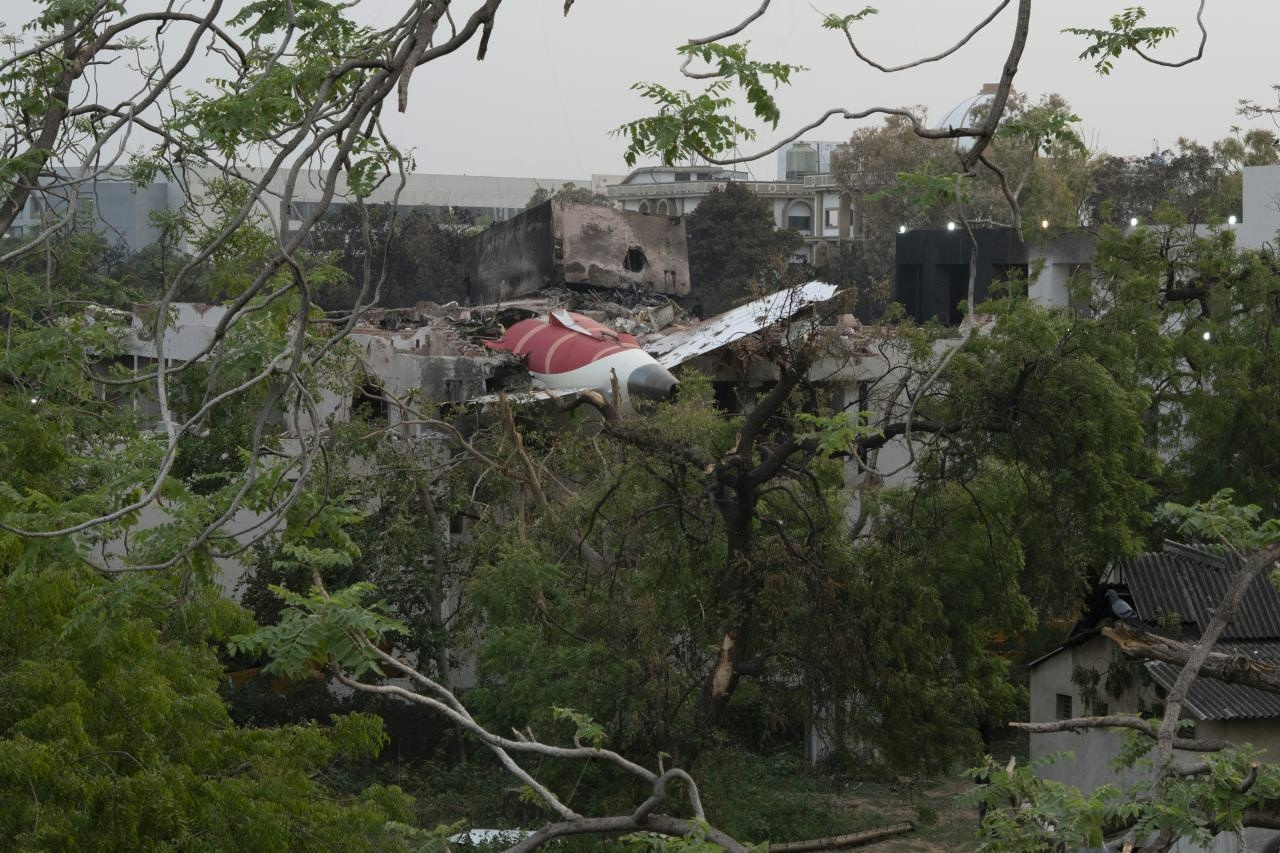
Investigators Examine Dual-Engine Failure in Air India Crash
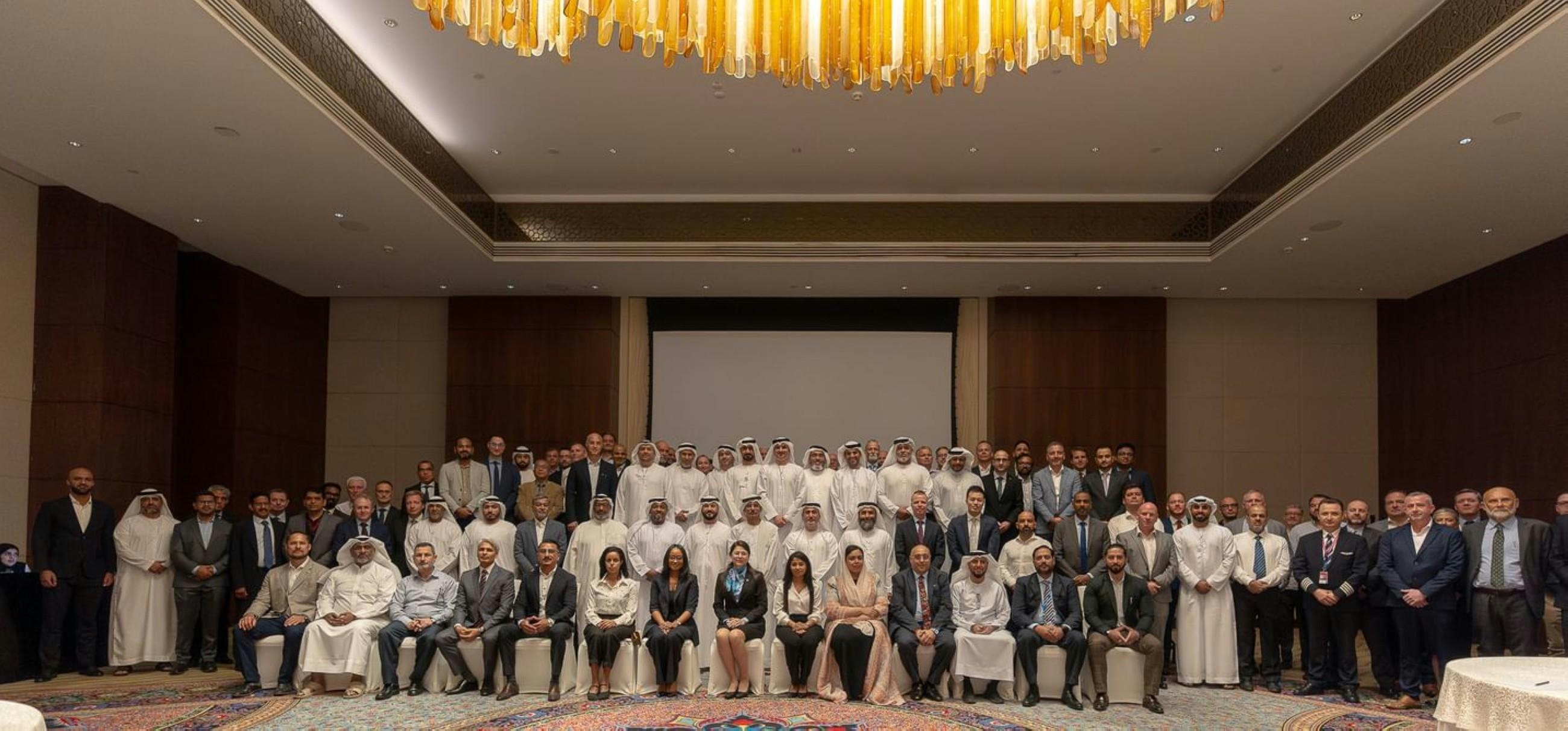
GCAA Hosts ASCC 2025 to Discuss Regulatory Innovation
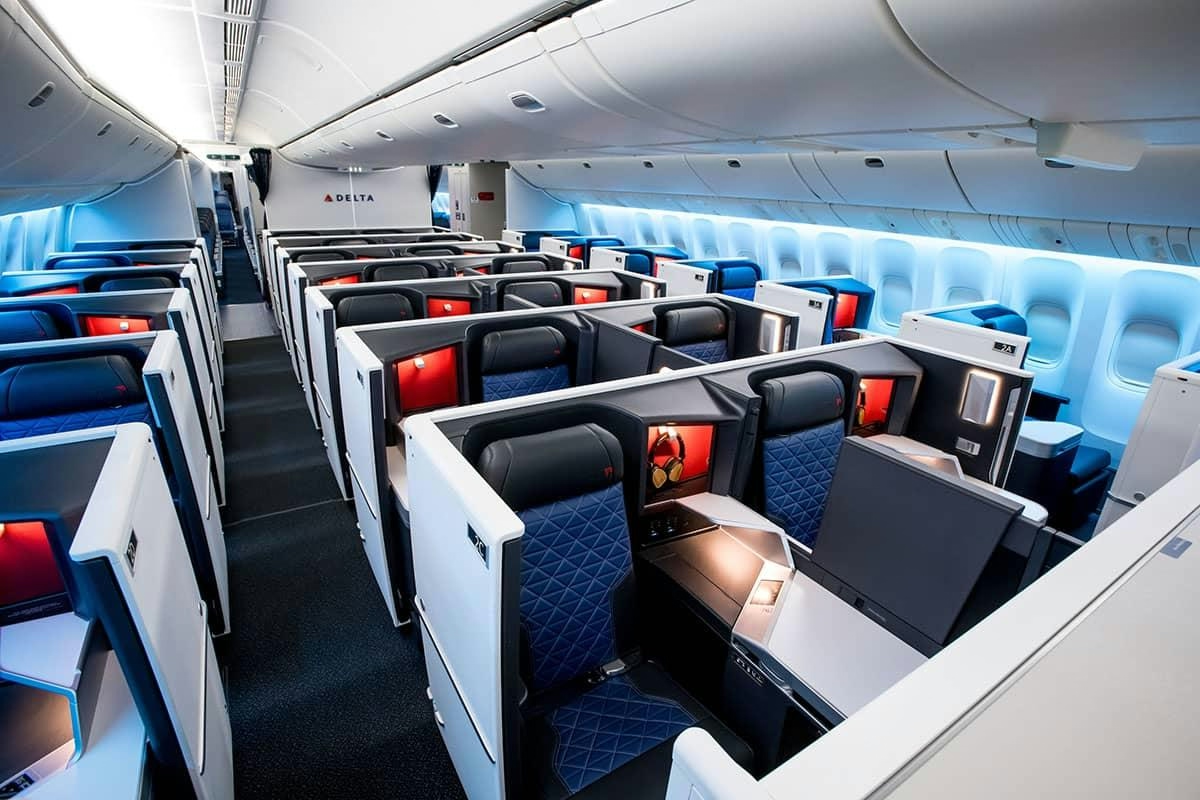
Delta Air Lines’ Primary Hubs for Each Widebody Aircraft
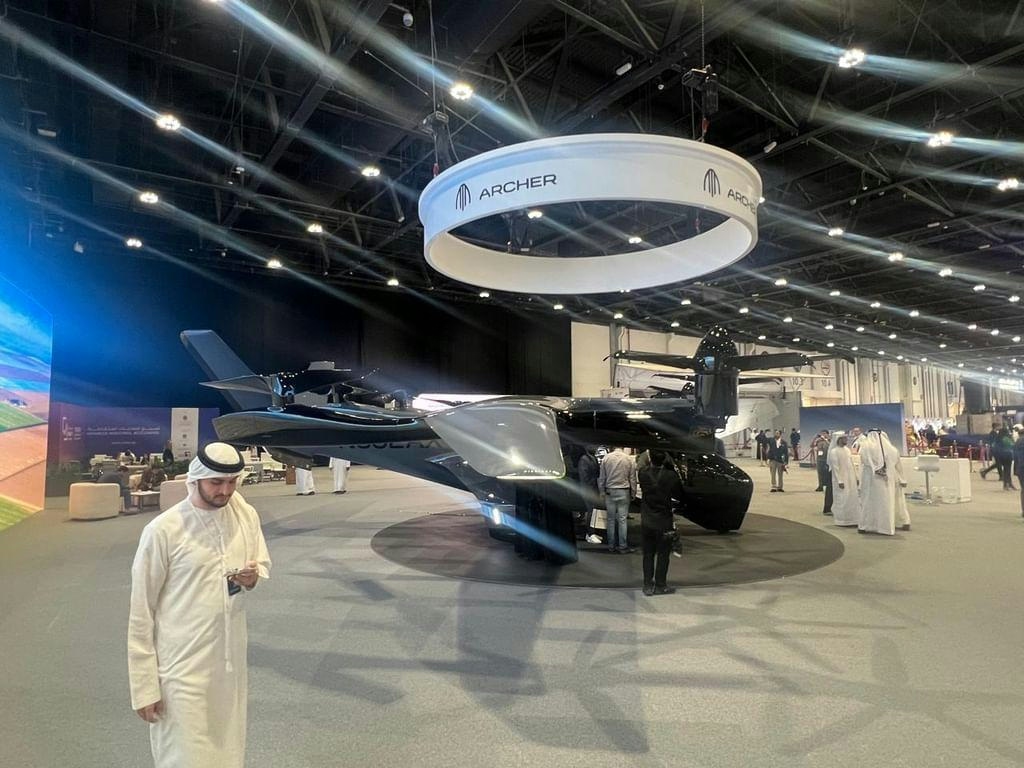
UAE Aviation Authority Unveils Framework to Regulate Electric Air Taxis
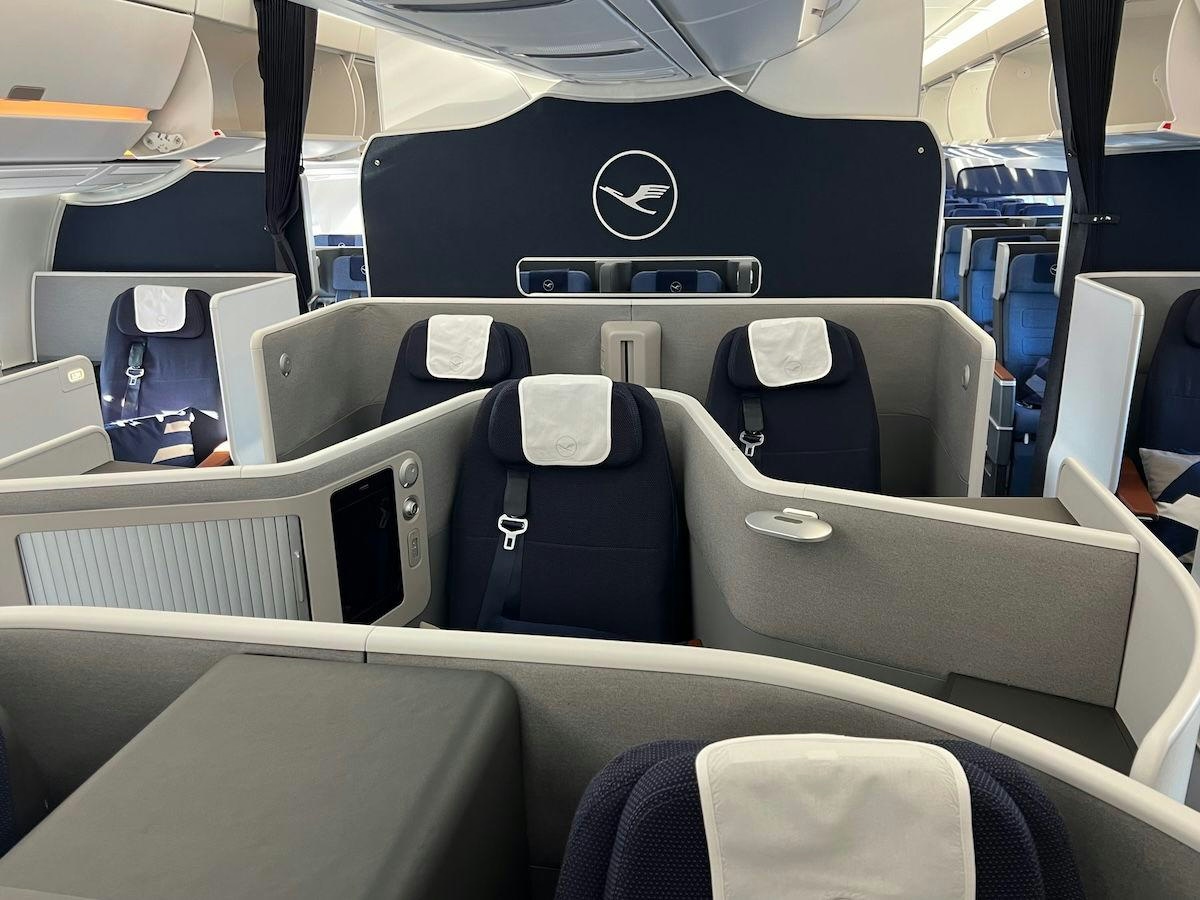
Airline Seat Shortages Delay Jet Deliveries
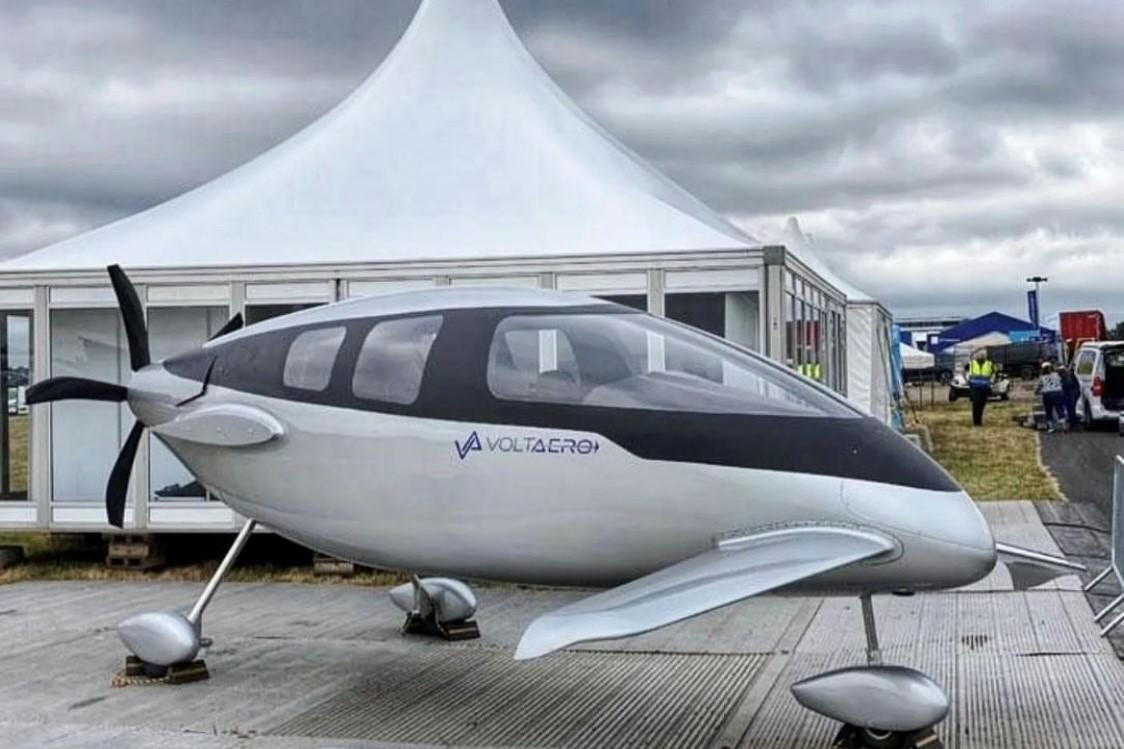
VoltAero’s Cassio 330 Advances Electric-Hybrid Aviation
